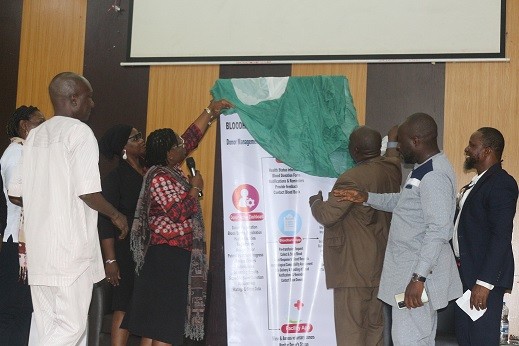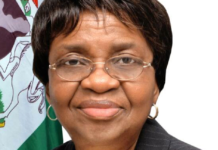
Consultant Haematologist. Prof. Vincent Osunkalu, has appealed to Nigerians to choose their special days like birthdays, wedding ceremonies, house warmings, and others to bridge the gap in the national blood bank by donating blood voluntarily on these days.
Prof. Osunkalu, who works at the Lagos University Teaching Hospital (LUTH), decried the perennial acute shortage of blood at every emergency in the country, saying the only solution to this frequent unavailability of blood is for Nigerians to cultivate the habit of donating blood regularly, especially during their special days, which gives them a sense of fulfillment in saving lives.
The haematologist, in an exclusive interview with Pharmanewsonline on Tuesday, averred that if only one per cent of Nigerians, which is about 2.4 million people decide to donate blood regularly, the national blood bank will never be short of blood at any time, and this will go a long way in saving lives across the country, whether in public or private practice.
Speaking on the theme of the 2022 World Blood Donor Day, which is “Donating blood is an act of solidarity. Join the effort and save lives”, he said the day is usually commemorated on every 14 June, to draw attention to the roles that voluntary blood donations play in saving lives and enhancing solidarity within communities.
As one of the keynote speakers at the World Blood Donor Day Symposium & BloodHub App unveiling organised by the Nigerian Institute of Medical Research (NIMR), Osunkalu countered the widespread notion that blood donation kills, saying it is totally wrong, as empirical findings have validated the benefits of blood donation to the human system.
He enumerated some of the health benefits of regular blood donation to include lower risk of high blood pressure, less risk of cancer, better emotional balance, less risk of depression, reduction in harmful iron stored in the body, less risk of heart attack, among others.
The medical specialist however condemned the act of commercialising blood donation, saying the price of blood can’t be qualified because blood is life. “The amount hospitals charged for blood transfusion can’t be compared to the value of blood, because no one can pay for life. The charges are merely for screening blood and other logistics”.
Asked about how many units of blood generated annually in the country, he said there is paucity of data regarding that, as he charged the government to establish central blood data base which will aggregates all units of blood generated in public and private practice in the country.
Prior to the unveiling of the BloodHub App invented by Dr Olufemi S. Amoo, in collaboration with Co-creation Hub, he established the need to leverage technology in the blood donation process, saying it makes the whole process more efficient, acceptable, faster, cheaper and he real time.
With the huge population of Nigeria which is over 216 millions, he emphasised that the role of such digital applications cannot be overemphasised in the process of blood donation.










